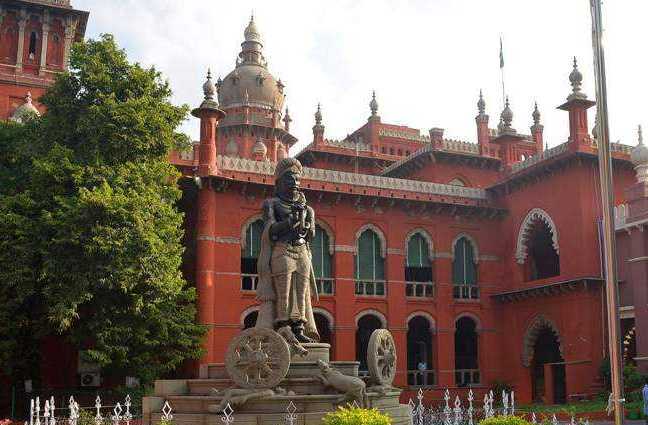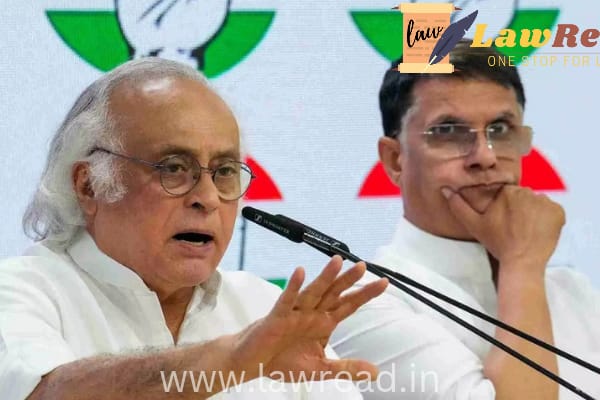News
The prosecutrix had a history of sexual activity, but her age was unknown. The Chhattisgarh High Court acquits the POCSO case.
The accused appellant filed a criminal appeal against the conviction ruling issued under the POCSO Act and IPC before the Chhattisgarh High Court.
.jpg)
After concluding that the prosecution was a consenting person and had a history of sexual activity, the Chhattisgarh High Court cleared a man in a POCSO case. The High Court also took into account the fact that there was no proof of her age.
The appellant filed a criminal appeal with the High Court under Section 374(2) of the Criminal Procedure Code, 1973, challenging the conviction judgment that sentenced him to ten years of rigorous imprisonment under Section 376(2)(n) of the Indian Penal Code and ten years of rigorous imprisonment under Section 6 of the Protection of Children from Sexual Offenses Act, 2012. Concurrent execution of both sentences was mandated.
"This Court is of the opinion that the prosecutrix's age is not verified and not proven by the prosecution that the prosecutrix was minor at the time of incident and that she was a consenting party, and also that it is a case of elopement," the Single Bench of Justice Arvind Kumar Verma held. Therefore, the aforementioned sections would not be found against the appellant in the case's facts and circumstances as stated above.
Only after bringing her home, her uncle and the police filed a formal complaint. This demonstrates that she is a willing party, and even in her deposition, Doctor PW-09 said that she did not discover any internal or external injuries on the victim's body or on her intimate area. It was stated that the prosecutrix was accustomed to having sex and that her secondary sexual organs were completely developed.
Panel attorney Rishabh Singh Deo represented the Respondent, while advocate Anurag Khatri represented the Appellant.
Background Information
The victim's father filed a report, claiming that he suspected the accused appellant of luring his daughter when he failed to locate her one day. The victim was retrieved from the appellant's possession in Durg the next day. The accused appellant was found guilty and given the aforementioned punishment by the Trial Court in the contested judgment. The appellant was so offended that he went to the High Court.
Arguments
The appellant argued, among other things, that the victim herself had declared during her examination that she was older than eighteen. Additionally, there was no reliable documentary proof that the victim was less than 18 at the time of the assault.
Reasoning
The Juvenile Justice (Care and Protection of Children) Act, 2015, Section 94, which deals with age determination and presumption, was cited by the Bench. The Dakhil Kharij Register, which listed the prosecutrix's birthdate as April 10, 2001, was the primary source of information used by the prosecution. No Kotwari Register had been produced, and there was no documentary proof on file. Not even the prosecutrix's ossification test has been completed.
The Bench stated, "There is no kotwari register or ossification report, produced by the prosecution to determine her actual age on the date of incident, that she was below 18 years of age," pointing out that there was no legally admissible evidence regarding the prosecutrix's age, indicating that she was a minor on the date of the incident.
The Bench concluded that no conclusive and legally admissible evidence had been presented by the prosecution to demonstrate that the prosecutrix was a minor and under the age of eighteen on the date of the incident, based on an examination of the statements made by the prosecutrix, her father, and other prosecution witnesses, as well as the evidence gathered by the prosecution. Therefore, the Bench overturned the trial court's conclusions that the victim was a minor on the day of the occurrence.
It was mentioned in the prosecutrix's statement that the accused appellant used to work as a waiter in a hotel in 2018 and that he handed her a cell phone, which they used to communicate. In a phone conversation, she added that if he didn't take her from Gariyaband, she would kill herself. Then, the accused appellant brought her along. Following their stay at a hotel where they were intimate, her uncle and the police arrived to transport her to Gariyaband.
The Bench concluded that there was mutual consent for physical contact and that the prosecutrix had never revealed that the appellant had ever engaged in any violent sexual activity with her. She had claimed to have accompanied him and stayed with him for a few days. The Bench also took note of the Doctor's statement that the prosecutrix was a consenting party and had a history of sexual activity.
As a result, the Bench overturned the conviction verdict and granted the appeal. "The appellant is exonerated of every charge brought against him. According to reports, the appellant is incarcerated. If he is not needed in any other situation, he is released immediately," it stated.
Title of Cause: State of Chhattisgarh v. Tarun Sen Through The Magistrate (Neutral Citation: 2025:CGHC:16015)
Look:
Advocate Anurag Khatri is the appellant.
Respondent: Rishabh Singh Deo, a panel lawyer












